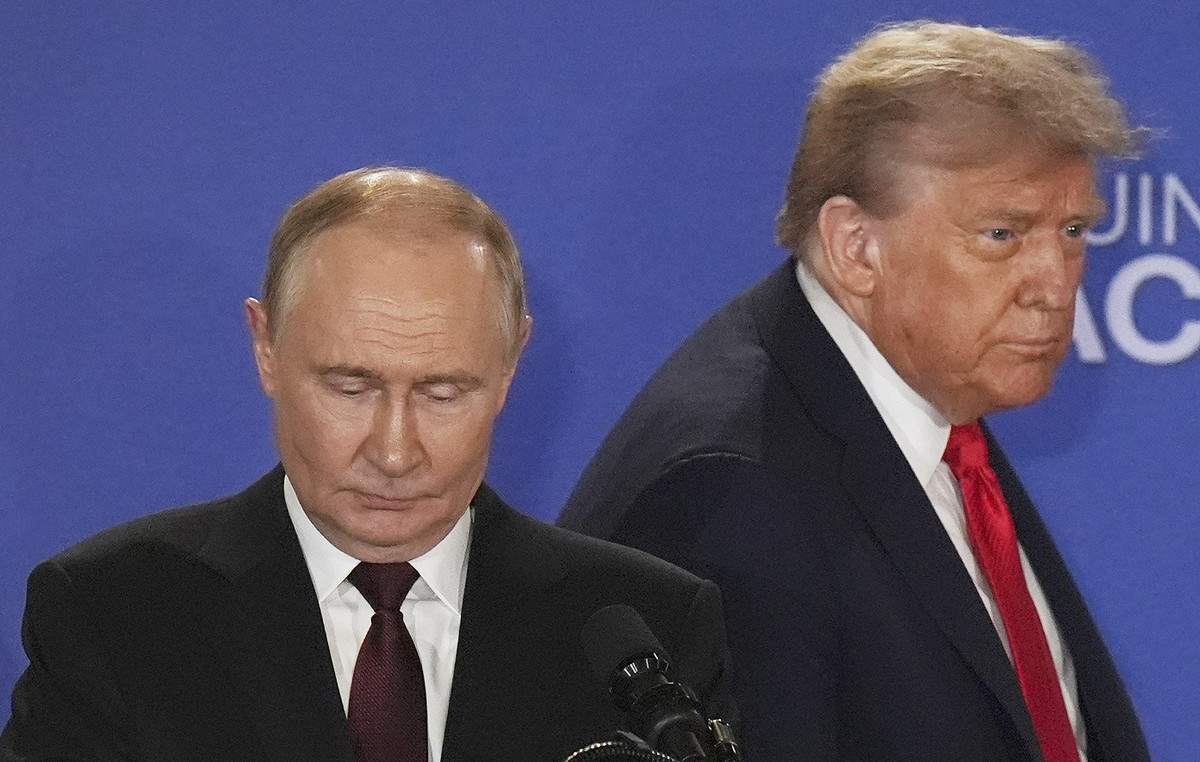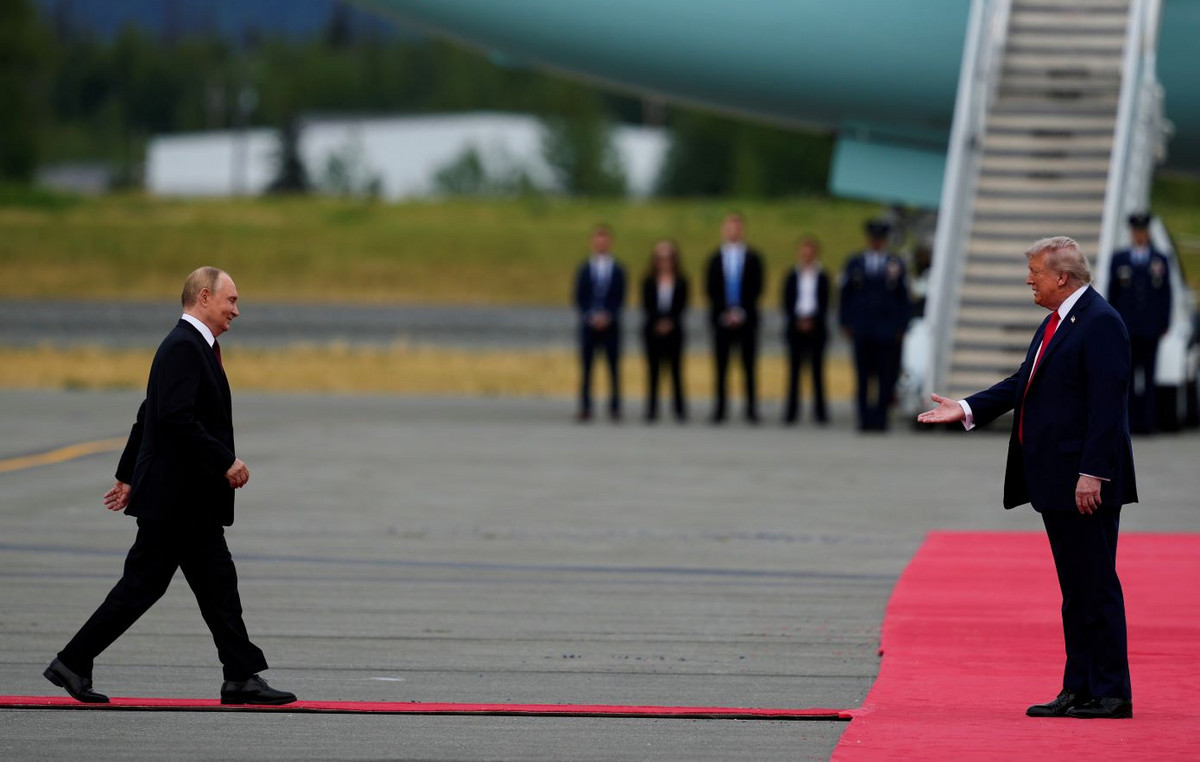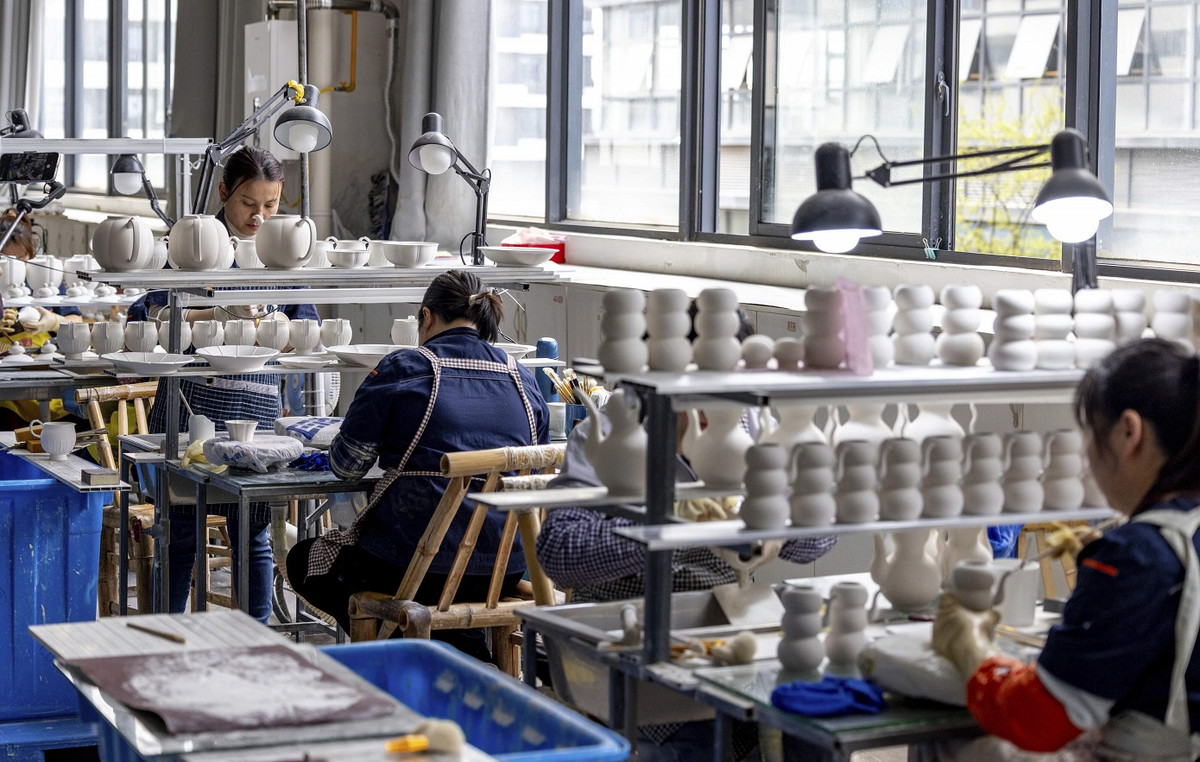This Friday (7), the president of the Oswaldo Cruz Foundation (Fiocruz), Nísia Trindade, spoke to CNN
on the approval of the national Active Pharmaceutical Ingredient (IFA) for the production of vaccines against Covid-19. According to her, the Foundation has the productive capacity to import and donate doses to countries that still have a low immunization rate.
Earlier, the National Health Surveillance Agency (Anvisa) approved the inclusion in the manufacture of Fiocruz’s Covid-19 vaccine with the IFA manufactured by the foundation itself via the Institute of Technology in Immunobiologicals (Bio-Manguinhos/Fiocruz).
“Everything is always seen from the priority needs of the Unified Health System in our country, but we already have this tradition of exporting vaccines, as is the case with yellow fever, and we will be able to export this vaccine or even contribute with donations. This collaboration is possible, and yes, the export of vaccines is on our horizon”, said Nísia.
The president of Fiocruz reiterated that, as of May, the capacity to produce vaccines will be expanded at the Institute, thus making it easier to make contributions to other countries.
“We are going to see how this fits into the needs of the SUS and the world, especially in the region of Latin America and the Caribbean, and Africa, which is so in need of vaccines. We know that there are countries where only 2% of the population has been vaccinated, I think that Brazil and Fiocruz will be able to make this very important contribution, we know that we will only be safe when everyone is vaccinated”, he said.
So far, Fiocruz has more than 21 million doses produced with national API, in different stages of production and quality control, highlighted the president of the Foundation.
As agreed with the Ministry of Health, Nísia stated that the goal is 130 million doses by June this year. “We know that we need more doses, it is an important step for Brazil to be able to produce vaccines without dependence on imported input.”
Produced by Camille Couto, from CNN, in Rio de Janeiro
Reference: CNN Brasil







